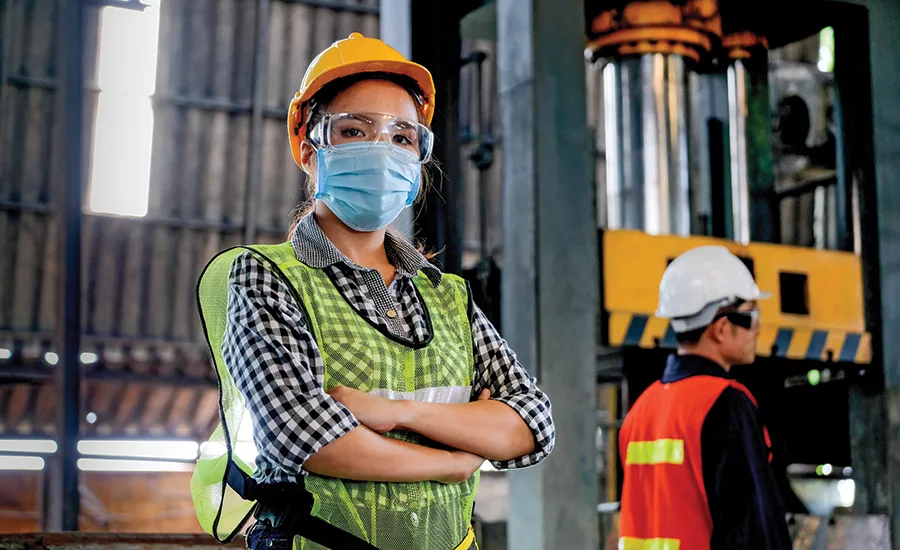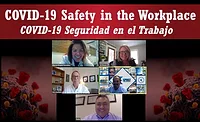Virginia Adopts First-in-the-Nation OSHA Workplace Safety Requirements for COVID-19

Knowing what may be around the corner when it comes to COVID-19-related work issues may help save employers some difficulties in the long run.
On July 27, 2020, the Virginia Department of Labor and Industry published and adopted Emergency Temporary Standard (ETS), 16 VAC 25-220, a set of workplace safety requirements for Virginia employers in order to control, prevent, and mitigate the spread of COVID-19.
With the adoption of the ETS, Virginia became the first state in the nation to mandate workplace safety rules for employers. Virginia’s ETS is detailed and has many onerous obligations for contractors operating in Virginia. If other states follow Virginia’s lead, roofing contractors across the country will need to overhaul safety protocols and employment practices to comply with any new COVID-19 workplace safety rules.
For contractors operating in Virginia, the ETS mandates COVID-19 workplace hazard assessments, implementation of employee COVID-19 prevention and screening procedures, implementation of a state COVID-19 screening and notification system, and job specific workplace engineering to ensure sufficient social distancing, among many other requirements.
These requirements are just for “lower risk” jobs. Employers with jobs considered “medium risk,” “high risk,” and “very high risk,” as defined in the ETS, will need to take and implement a detailed list of costly additional measures to ensure compliance with the ETS. Notably, construction workers are specifically classified as “medium risk.”
For “medium risk” jobs, in addition to the requirements for “lower risk” jobs, the Virginia ETS mandates employers prepare a detailed Infectious Disease Preparedness and Response Plan, provide comprehensive COVID-19 employee training, ensure that air-handling systems are able to address COVID-19 related hazards, and verify that a thorough workplace hazard assessment has been performed by submitting a written certification to the Virginia Department of Labor and Industry.
As of writing, no other state has adopted similar OSHA workplace safety requirements for COVID-19. However, other states will likely follow Virginia’s aggressive employer mandates. Roofing contractors should be especially prudent and be on the lookout for changes in state specific OSHA workplace rules.
Looking for a reprint of this article?
From high-res PDFs to custom plaques, order your copy today!






